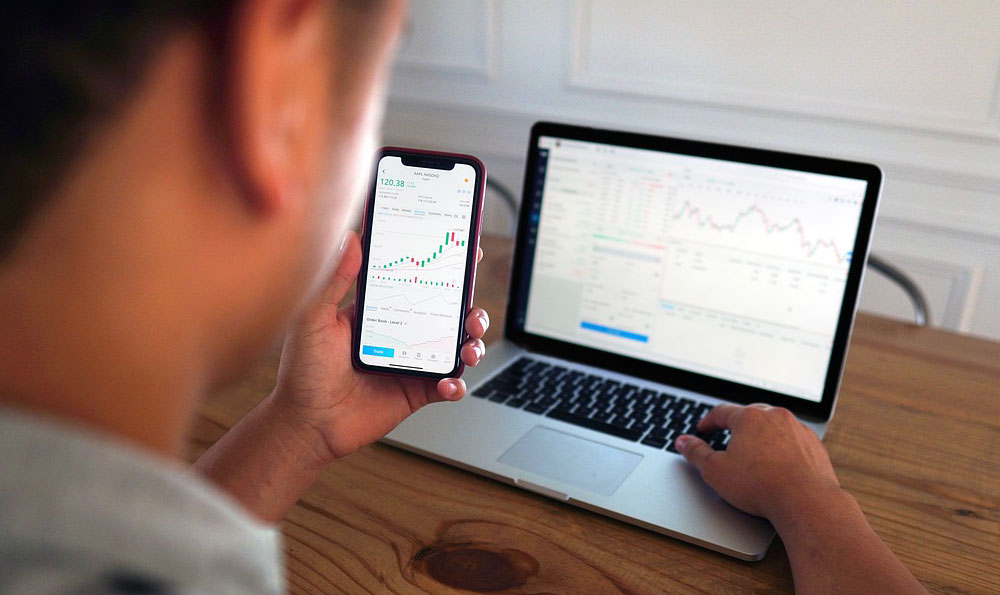Okay, I understand. Here's an article exploring how Elon Musk accumulated his wealth and where it's currently allocated, aiming for richness in detail and avoiding overly structured formatting:
How Elon Musk built his empire is a story woven with threads of audacious ambition, technological innovation, and a healthy dose of risk-taking. His journey, far from a straightforward climb, involved navigating near-bankruptcy, battling skepticism, and constantly pushing the boundaries of what was deemed possible. Understanding his wealth accumulation requires tracing his entrepreneurial ventures and their subsequent financial triumphs.
Musk's initial fortune wasn’t built in a day. His first major success came with Zip2, a company he co-founded in 1995 that provided online city guides for newspapers. While it seems quaint by today’s standards, Zip2 was a pioneering effort in the early days of the internet. In 1999, Compaq acquired Zip2 for a reported $307 million in cash and $34 million in stock options. Musk, owning a significant share, walked away with approximately $22 million after taxes. This wasn't just pocket change; it was seed capital that fueled his next, even bolder ventures.

That money wasn't idly invested in bonds or low-risk ventures. Instead, Musk plunged headfirst into the burgeoning world of online finance, co-founding X.com in 1999. X.com, envisioned as a comprehensive financial services platform, eventually merged with Confinity, the company behind PayPal. The merger, however, wasn't without internal strife, culminating in Musk's temporary ouster as CEO. Despite the drama, PayPal's eventual sale to eBay in 2002 for $1.5 billion proved to be a monumental turning point. Musk, as the largest shareholder, netted around $180 million after taxes. This PayPal payout was critical because it supplied the capital needed to launch his two most transformative projects: SpaceX and Tesla.
SpaceX, founded in 2002, was arguably his most audacious venture. Aiming to revolutionize space technology, with the ultimate goal of enabling human colonization of Mars, SpaceX faced immense technical and financial challenges in its early years. The initial launches of the Falcon 1 rocket were fraught with failure, bringing the company to the brink of collapse. Had the fourth Falcon 1 launch failed, it's highly likely SpaceX would have gone bankrupt. But the fourth launch succeeded, proving the concept and securing a crucial contract with NASA. From there, SpaceX continued to innovate, developing reusable rockets, significantly reducing the cost of space travel and disrupting the established aerospace industry. Government contracts, commercial satellite launches, and now Starlink, SpaceX's ambitious satellite internet constellation, have become major revenue streams, substantially contributing to Musk's overall wealth.
Tesla, founded in 2003 (though Musk joined later and became the driving force), represented a different kind of challenge. The automotive industry is notoriously capital-intensive and resistant to disruption. Early models like the Roadster faced production delays and quality issues. The company teetered on the edge of bankruptcy multiple times, most notably during the Model 3 production ramp-up. Musk famously slept on the factory floor to oversee production and personally address bottlenecks. Through sheer will, innovative engineering, and a growing demand for electric vehicles, Tesla eventually overcame these hurdles. The Model S, Model X, and Model 3 became hugely popular, establishing Tesla as the leading electric vehicle manufacturer. Tesla's market capitalization soared, making it one of the most valuable companies in the world and contributing significantly to Musk's net worth. This rise was also fueled by the market's faith in Tesla's battery technology, autonomous driving capabilities, and Musk's visionary leadership.
Now, where does all that money go? It's not simply sitting in a bank account. A significant portion of Musk's wealth exists as equity in his companies, primarily SpaceX and Tesla. This means his net worth is largely dependent on the stock performance of these companies. Changes in investor sentiment, market conditions, and even Musk's own public statements can significantly impact his net worth.
Beyond company equity, Musk has diversified his investments, though perhaps not in the traditional sense. He has acquired Twitter (now X), a move that has been both controversial and costly. While the long-term strategic rationale is still being debated, the acquisition has certainly tied up a considerable amount of capital and consumed a significant portion of his time and attention.
Philanthropy also plays a role, albeit perhaps a smaller one compared to other billionaires. The Musk Foundation supports research and advocacy related to renewable energy, human space exploration, and safe artificial intelligence. While the foundation's activities are laudable, the scale of its giving is relatively modest compared to Musk's overall wealth.
Moreover, significant portions of Musk's wealth are continually reinvested back into his companies. SpaceX requires ongoing investment in research and development, rocket manufacturing, and the deployment of the Starlink constellation. Tesla needs constant investment in new factories, battery technology, and the development of new models. This continuous reinvestment is crucial for these companies' continued growth and innovation.
Finally, it's crucial to acknowledge the role of stock options in Musk's compensation package. He often receives stock options tied to specific performance targets. Achieving these ambitious targets, like reaching certain revenue or production milestones, unlocks these options, which can then be exercised and converted into shares, further increasing his wealth. This system aligns his incentives with the company's success and encourages him to take bold risks and drive innovation.
In conclusion, Elon Musk's fortune isn't simply a product of luck or inheritance. It’s the result of strategic risk-taking, visionary thinking, and an unwavering commitment to technological innovation. His money, far from being static, is constantly being reinvested, redeployed, and used to fuel his ambitious plans for the future of humanity, both on Earth and beyond. While his strategies are often unconventional and his leadership style has drawn criticism, his impact on technology and the global economy is undeniable. His wealth is not just a number; it's a reflection of the value he has created and the transformative technologies he has pioneered.












